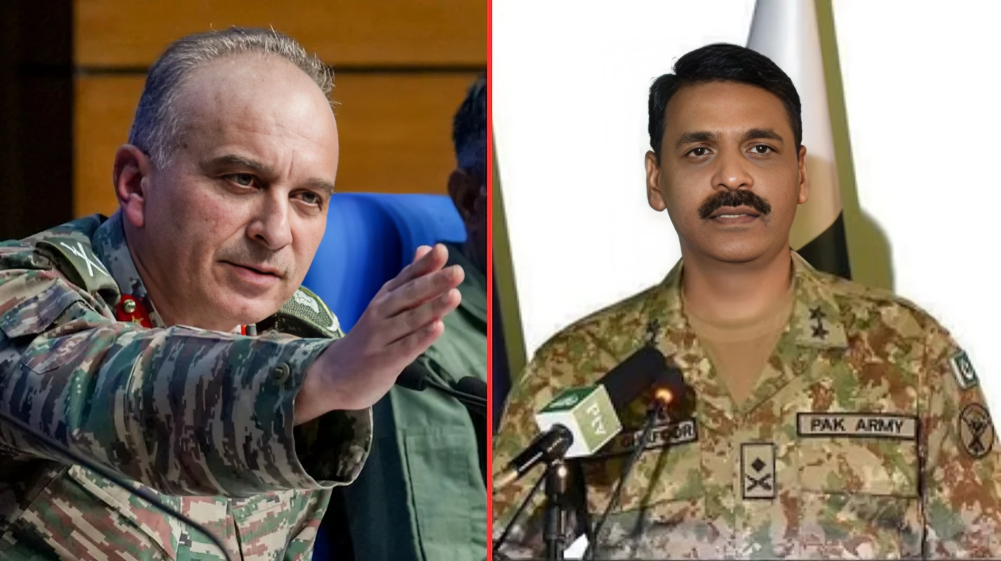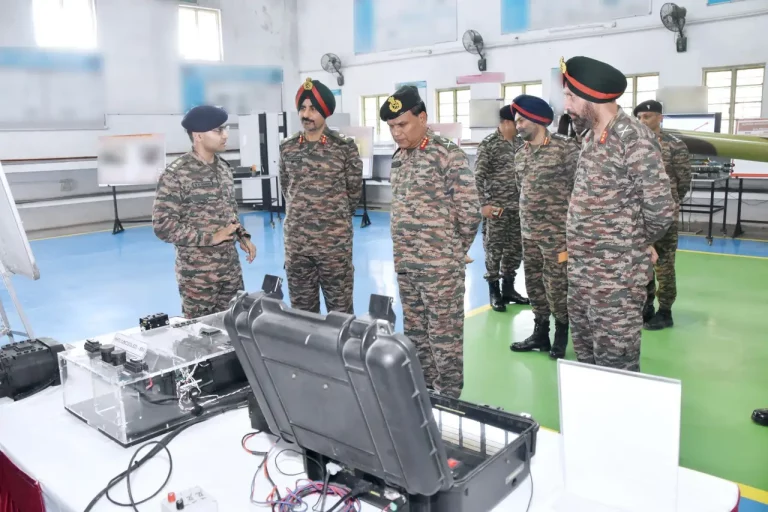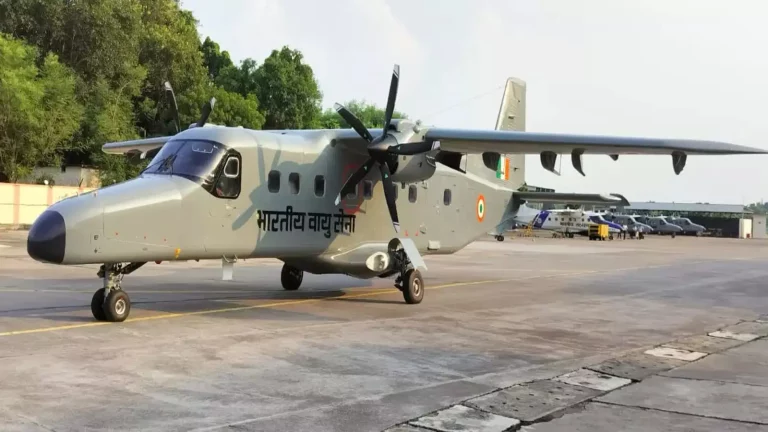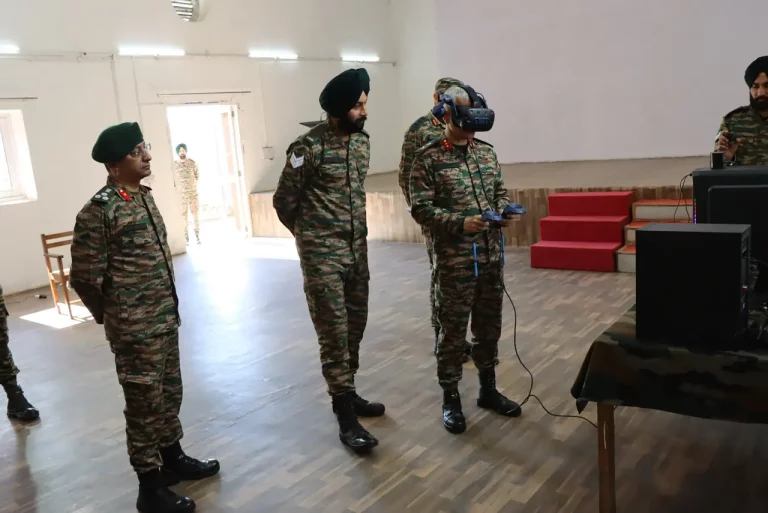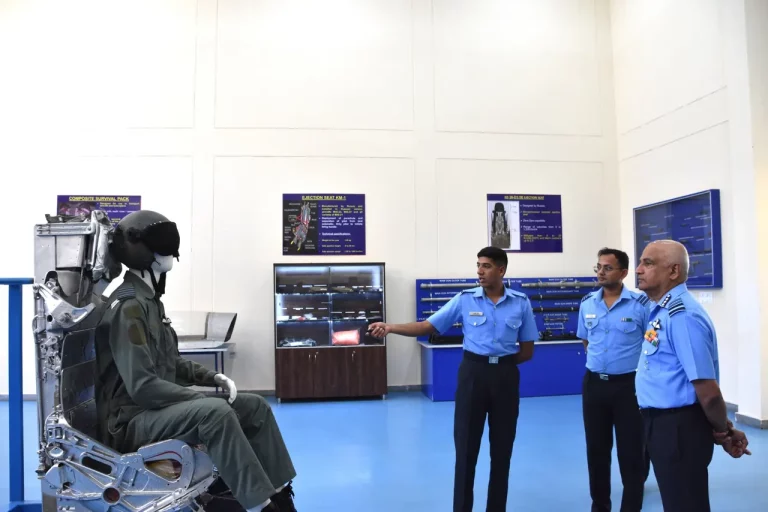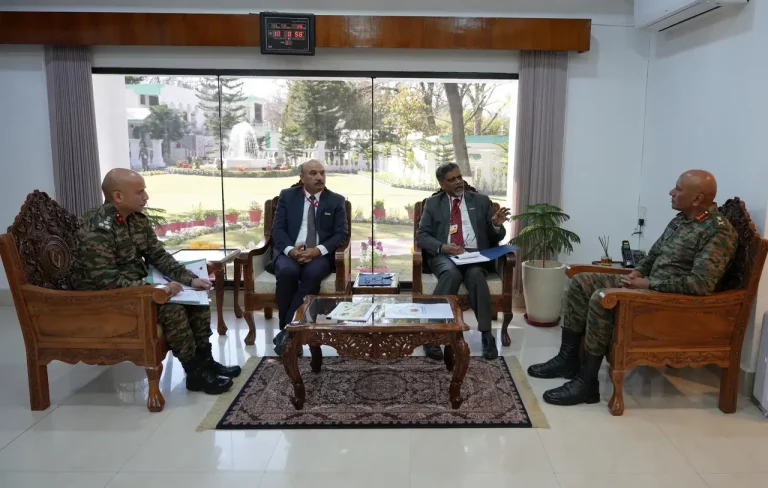In a significant move toward de-escalation, the Director Generals of Military Operations (DGMOs) of India and Pakistan engaged in critical discussions on Monday evening. This dialogue took place just two days after a ceasefire agreement was publicly announced following a period of intense military exchanges across land, air, and sea.
Originally set for noon, the high-level military talks were delayed and eventually began at 5:00 PM IST, utilizing the established hotline between the two nations. This meeting comes against a backdrop of heightened regional tensions, marked by recent drone incursions and artillery exchanges along the Line of Control and the international border.
Sources indicated that the discussions involved Indian DGMO Lieutenant General Rajiv Ghai and Pakistani DGMO Major General Kashif Abdullah. The focus of the talks centered on the ceasefire understanding established on May 10. Both sides are believed to have evaluated the terms surrounding the halt of military actions and shelling, although specific details about the outcome of these crucial discussions have not been publicly disclosed.
The recent surge in hostilities began after India executed Operation Sindoor on May 7, targeting nine terror camps in Pakistan and Pakistan-occupied Kashmir. This action was prompted by a terrorist attack on April 22 in Pahalgam, Jammu and Kashmir, which resulted in the deaths of 26 individuals, including foreign tourists. India has attributed this attack to terror groups operating from Pakistan.
In response to India’s military operations, Pakistan allegedly conducted drone and missile strikes within Indian territory. Several drones were intercepted over regions including Jammu, Srinagar, Punjab, and Rajasthan, which raised fears of a further escalation in violence.
On May 10, U.S. President Donald Trump announced a “full and immediate” ceasefire between the two nuclear-capable countries, attributing this development to American mediation. This assertion was supported by U.S. Secretary of State Marco Rubio, who commended Indian Prime Minister Narendra Modi and Pakistani Prime Minister Shehbaz Sharif for opting for peace.
However, India quickly refuted these claims. Foreign Secretary Vikram Misri stated that the ceasefire was achieved through direct communication between Indian and Pakistani officials, distancing it from any U.S. involvement.
Despite the announcement of the ceasefire, violations quickly emerged, with reports of Pakistan renewing hostilities targeting both military and civilian areas. The Indian military has expressed its readiness to respond decisively to any provocations while asserting its commitment to uphold the ceasefire agreement.
Jammu and Kashmir Chief Minister Omar Abdullah visited victims of the recent artillery shelling and drone strikes, offering assurance of medical assistance and government support to affected families.
As the situation continues to evolve, these DGMO talks are being viewed as a crucial avenue for de-escalation and reinstating stability along the contentious border. The international community remains vigilant, urging both nations to exercise restraint and work toward a sustainable peace process.
